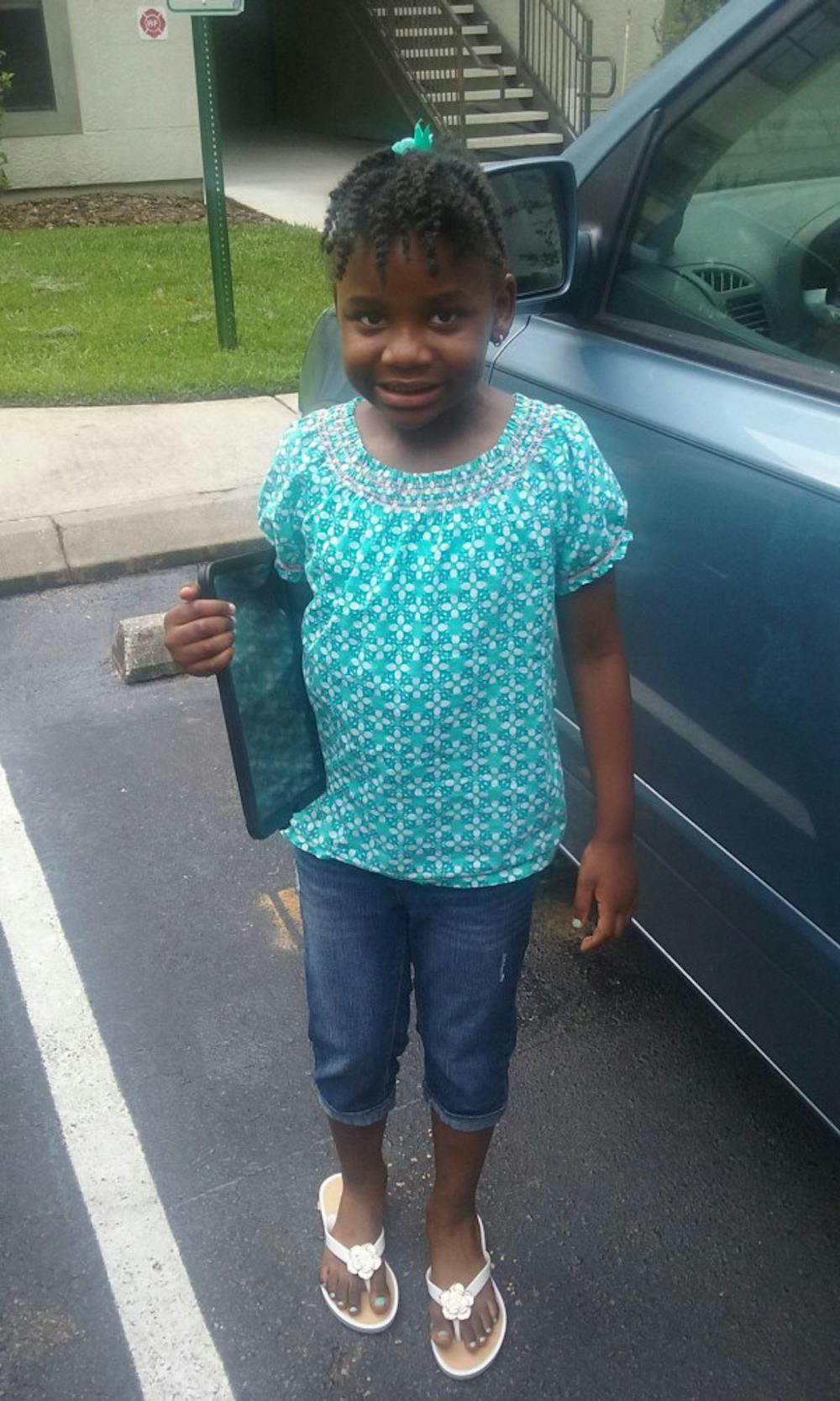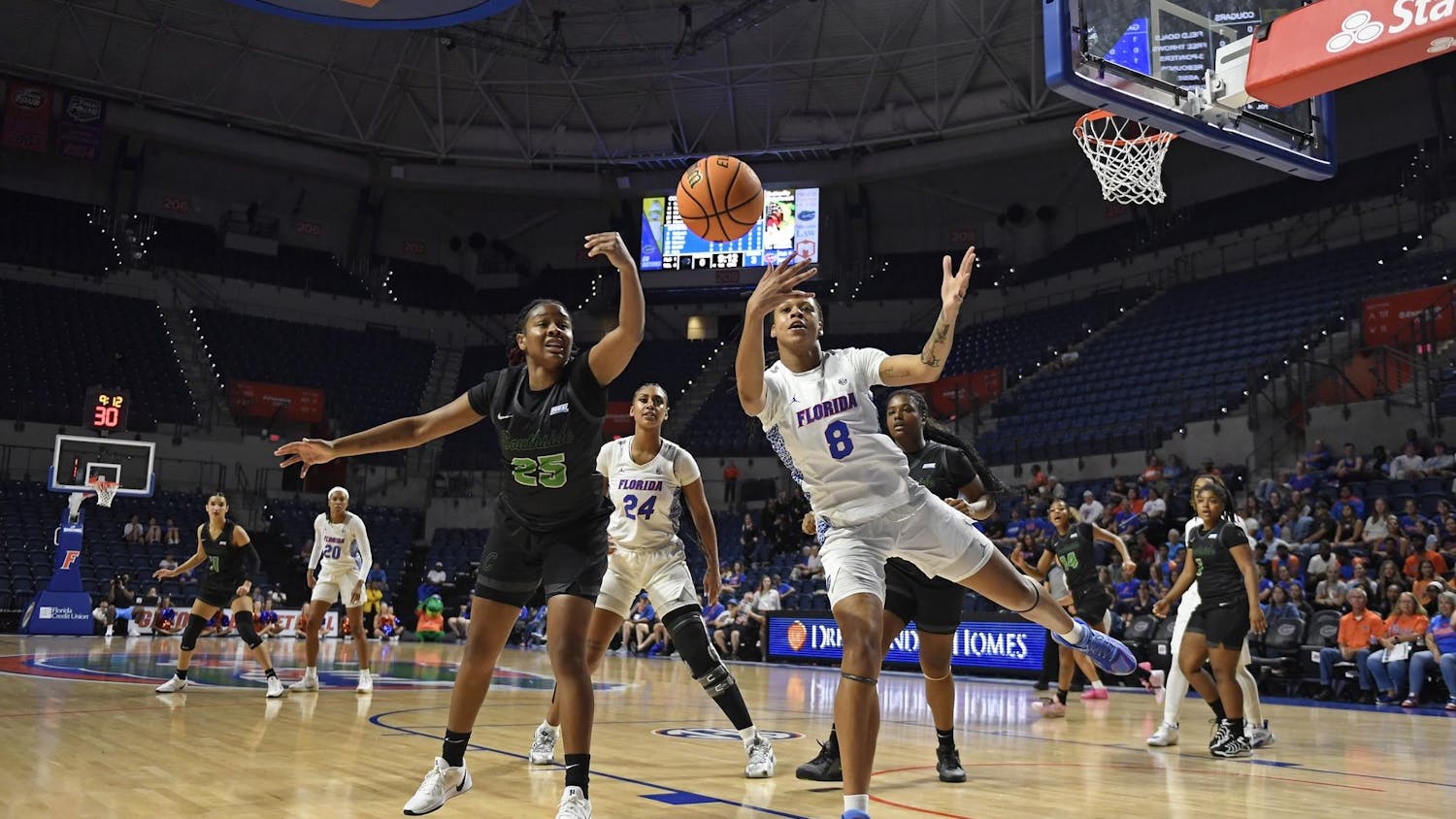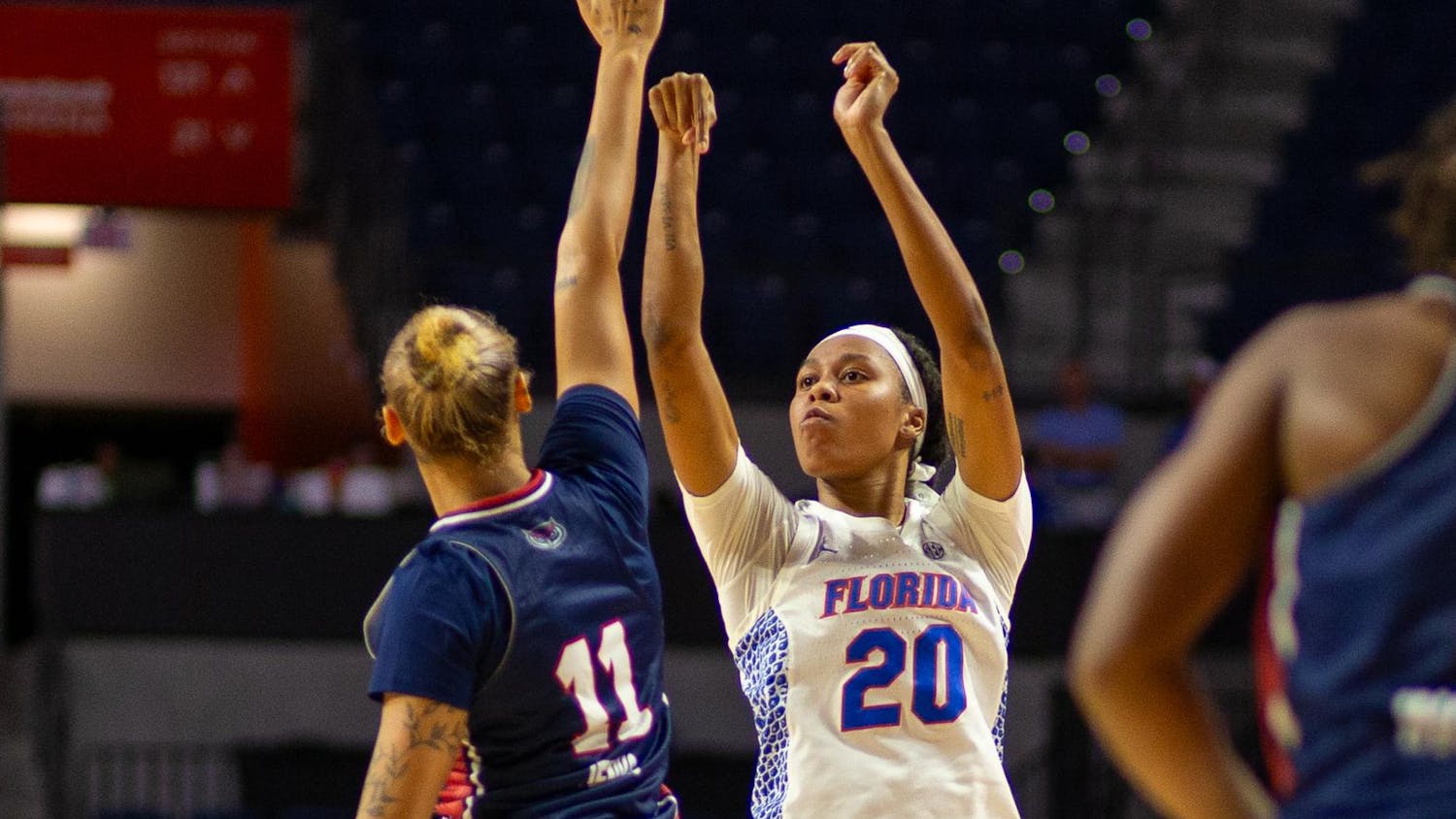Jaliyah Howard, like most first-graders, has a natural affinity for exploring the world.
The 6-year-old learned at an early age how to open locks, including the deadbolt on her front door.
But because Jaliyah is primarily nonverbal, a result of her autism spectrum disorder, her mother, Jovon Howard, always worries about her daughter’s safety.
“When she doesn’t respond to her name, that’s a frightening thing, even inside your house.” Howard said.
However, a new state pilot program, launched by the UF Center for Autism and Related Disabilities, is offering to help keep track of individuals who have autism, which may make them prone to wandering.
Project Leo will provide free wristwatch-style tracking devices to individuals with autism, a disorder that affects one in 68 children in the U.S.
The project was founded after 9-year-old Leo Walker, a boy with autism, drowned in 2014 after wandering from his home.
The UF center is waiting to receive 80 personal transmitters to distribute to individuals and families that are unable to afford their own tracker, said Ann-Marie Orlando, a research assistant professor at the center.
She said the local sheriff’s offices in the five counties that the center will serve are waiting on the receivers.
Once both the trackers and the receivers come in, they can be handed out.
The center received $100,000 in-state grants in order to participate in the program, Orlando said.
Florida Atlantic University and the University of South Florida will also be distributing transmitters, she said.
“Families work very hard to keep their children safe, and we’re trying to help them do that,” Orlando said. “I think this device will give some parents assurances that they’re not alone, and in case their child does wander, that support is available.”
The device can be attached to clothing or worn around the wrist or ankle. It sends transmissions to individuals’ local sheriff’s departments so law enforcement can locate them if they get lost.
UF became involved in the project after Orlando and other members of the center were approached by Florida Rep. Elizabeth Porter to become a distributor site for the transmitters, Orlando said.
“Any effort that we can make to help families keep their loved ones safe, we’re going to work hard to do,” she said.
For Jaliyah’s parents, news of the program brings reassurance that they can keep track of her even when they can’t see her.
“When we found out about Project Leo coming out, I said, ‘You know what, this really meets our needs,’” Jovon Howard said. “We’re happy families. We just want what’s best for our kids.”
Residents of the following counties are eligible to receive the transmitter
Alachua
Baker
Columbia
Hamilton
Suwannee
Jaliyah Howard, 6, who has autism, could benefit from Project Leo, a new state pilot program launched by the UF Center for Autism and Related Disabilities. The project would provide free wristwatch-style tracking devices to help keep track of individuals who have autism, which may make them prone to wandering.






